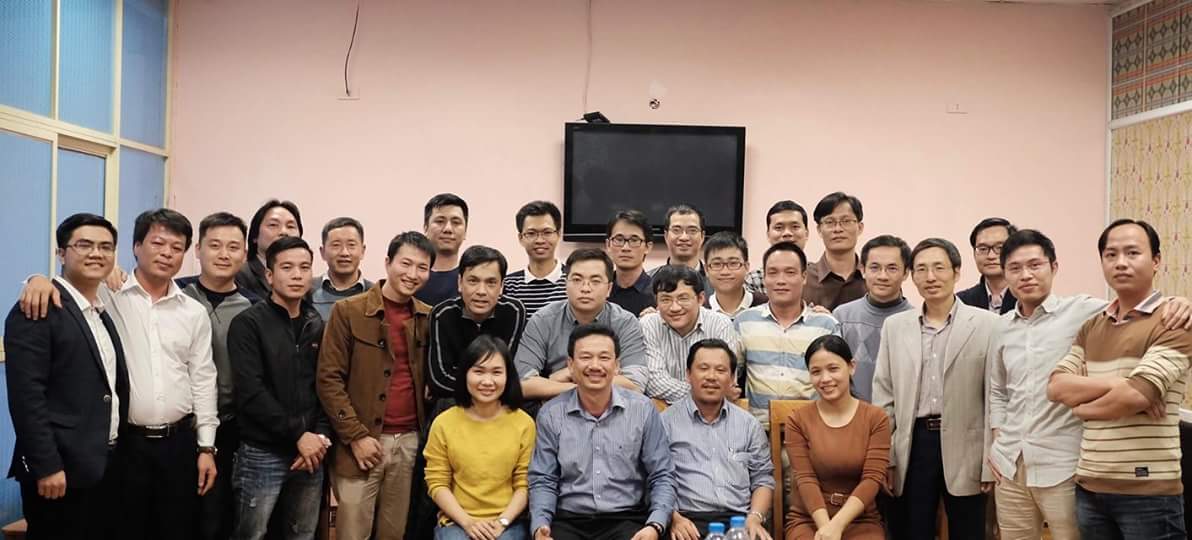|
The Power of Storytelling
Storytelling is not just for kids. It is a vital tool for project managers seeking to communicate complex problems, establish relationships, connect with difficult stakeholders, and create compelling visions. Stories connect in ways that other forms of communication cannot. If you are a project manager or any other kind of leader, you should develop your storytelling skills. The following are seven tips that you can begin using immediately as a Project Manager or leader to improve your storytelling skills. Tip 1: Know Your Audience
You should strive to know your audience. Consider such factors as cultural differences, personality traits, backgrounds, knowledge, needs, and state of mind. Put yourself in your listeners' place. By taking the initiative to understand your audience, you will enhance the power of your story and help bridge barriers to communicate effective messages. Tip 2: Mine Your Knowledge
You don't have to look far to find stories to support your objectives or your project. You can mine your own knowledge. You are a story. You own the story of who you are. You own the story of what you want or need. Your life is a series of stories. Your project is a series of stories. Take stock of your personal, business and project knowledge. The stories exist. You just have to mine them. Tip 3: Record Your Performance
Make it a habit to record your presentations and storytelling opportunities either through voice or video recorders. By recording and listening to your presentations, you will learn to improve; you will learn what works and discover areas for improvement. Tip 4: Read Stories
Read stories to improve your appreciation of stories and the development of stories. Stories are everywhere. You can develop your own storytelling skills by observing how other stories are crafted and used to influence, educate or just entertain. Tip 5: Tell Stories to Make a Point
Define your point clearly. Ask yourself what you want your audience to do, feel or think differently as a result of making your point. The find the story or stories to make that point. Make a point, tell a story, and make your point again. Tip 6: Know Your Message
Simple but clear messages are the keys to communicating, influencing, and leading effectively. Your message should be simple and easy to convey with your story. A guideline to use in developing your message is write it down - if you have to use more than one sentence to define your message, it needs to be revised. Tip 7: Make Storytelling a Habit
Make storytelling and improving your storytelling skills a habit. Join a storytelling club or join Toastmasters to get stage time and enhance your skills. Learn to develop your unique voice. By sharing your stories, you will enhance your sphere of influence and you will grow as an individual and as a leader. |
Mr. Merla presented "Storytelling is for Kids…and Project Managers at PMI® Global Congress 2009—Asia Pacific
- Chúc Mừng Tân PMP® 2018 - 2019 - 02/10/2018
- Chúc Mừng Tân PMP® - 2016 & 2017 - 07/04/2017
- Chúc Mừng Tân PMP® - 2015 - 09/14/2015
- QUY TRÌNH HỌC KỸ NĂNG QLDA & ÔN LUYỆN THI CC QTẾ PMP MIỄN PHà - 03/06/2014
- 10 GIà TRỊ KHÃC BIỆT TẠO NÊN KPS - 01/04/2013
- PMBOK 5th Edition Review Part1 - 10/19/2012
- PMBOK® Guide 5th Edition Review - 10/16/2012
- How to build a Project Management Office - 03/04/2012
- Update to PMI’s Certification Exam Rescheduling and Cancellation Policy - 03/03/2012
- How to Scope your Projects - 11/30/2011
- 360 độ đà o tạo nguồn nhân lực - 11/13/2011
- Are You Flexing Your Risk Muscle? - 11/08/2011
- Project Management Information System (PMIS) - 10/10/2011
- PMP® Äá»’NG HÀNH CÙNG KPS VÃŒ TÆ¯Æ NG LAI NHÀ QUẢN Là VIỆT - 09/01/2011
- NHá»®NG THÀNH CÔNG BƯỚC ÄẦU CỦA CÃC NHÀ QUẢN Là VIỆT NAM THAM GIA CÃC Dá»° ÃN QUá»C TẾ - 08/23/2011
- BAÌ£N ÄÆ¯Æ Ì£C GIÌ€ KHI LAÌ€ PMP® ? - 07/04/2011
- KPS MISSION STATEMENT FOR TRAINING SERVICES - 06/24/2011
- Avoid Repeated Project Woes: Try A Different Approach to Lessons Learned - 06/13/2011
- The Most Common Mistakes IT Departments Make - 06/05/2011
- Managing a Program of Work - 05/16/2011























